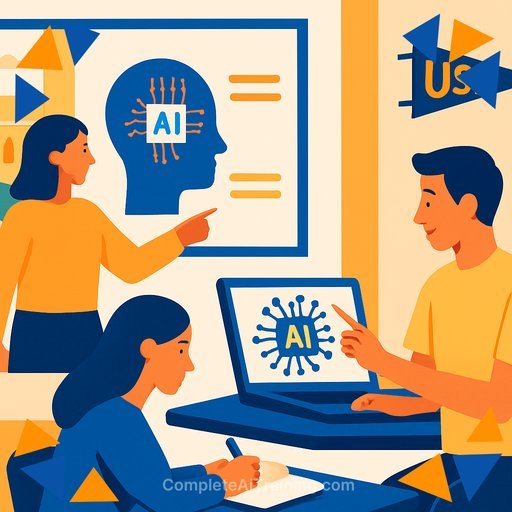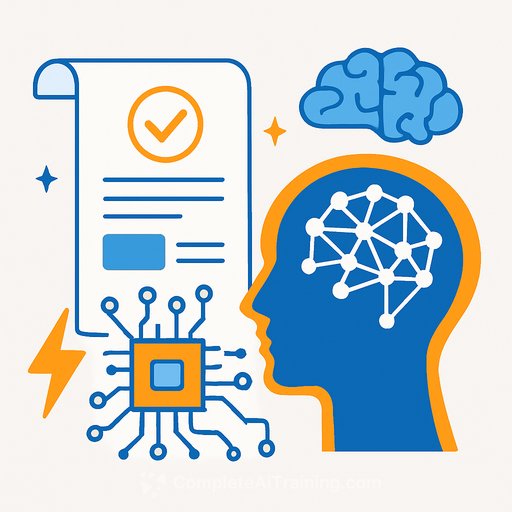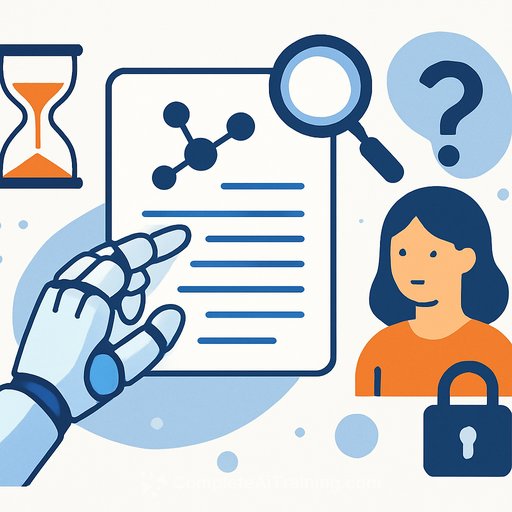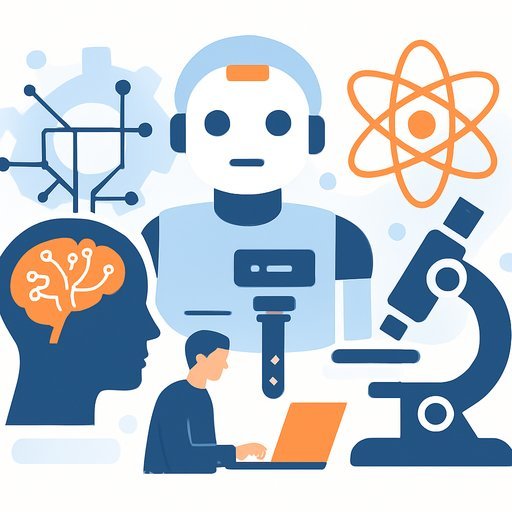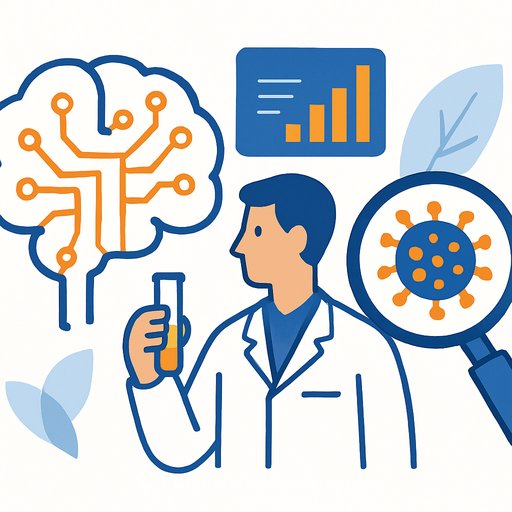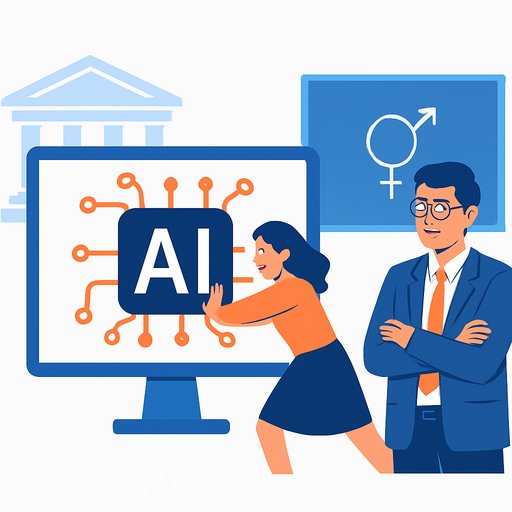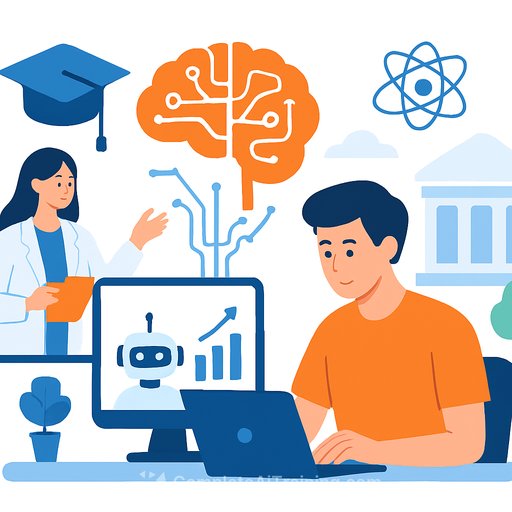Learning how to learn: the skill that will define the next decade
At the Odeon of Herodes Atticus beneath the Acropolis, DeepMind CEO and 2024 Nobel laureate Demis Hassabis made a clear point: the most valuable capability for the next generation is learning how to learn. He argued that constant AI-driven change demands a different approach to education, research, and careers.
"It's very hard to predict the future ... The only thing you can say for certain is that huge change is coming," he said. He also suggested that artificial general intelligence could arrive within a decade-bringing major gains and the possibility of "radical abundance," alongside real risks.
Why this matters for education, science, and research
Traditional curricula alone won't keep pace. Meta-skills-how to learn, how to adapt tools, how to validate results-now sit next to math, science, and the humanities. The institutions that systematize these capabilities will set their people up to thrive, not scramble.
The meta-skills checklist
- Learning mechanics: spaced repetition, interleaving, retrieval practice, deliberate practice, and fast feedback loops.
- Problem decomposition: break tasks into prompts, sub-questions, tests, and evaluation criteria.
- Tool adaptability: the habit of switching models, plugins, datasets, and interfaces based on task fit.
- Verification by default: literature triage, citation tracing, replication attempts, and unit tests for outputs.
- Data literacy: basic statistics, data quality checks, bias detection, and privacy-preserving workflows.
- Ethics and safety: risk assessment, model limitations, consent, attribution, and audit trails.
- Human-AI collaboration: knowing what to automate, what to keep human, and how to review AI contributions.
Curriculum moves you can make now
- Embed a 4-6 week "learn-to-learn" module across first-year programs and graduate onboarding.
- Assess with portfolios and process notes, not just final outputs-reward iteration, evidence, and versioning.
- Add an AI policy literacy unit: what current systems can and cannot do, data rights, and institutional guidelines.
- Run scenario planning on AGI timelines and impact on your field; refresh each semester.
- Require at least one capstone that integrates AI tools with transparent methods and reproducibility checks.
- Offer faculty micro-credentials on AI-assisted pedagogy and research methods.
- Update academic integrity policies to cover disclosure of AI use, provenance, and verification.
Research workflow upgrades
- Literature mapping with AI followed by human verification; keep a record of sources and confidence levels.
- Method generation with constraint checks: specify assumptions, variables, and failure modes before running studies.
- Reproducibility by design: code notebooks, seeds, data sheets, and model cards for every project.
- Data governance: consent, de-identification, and access logs; align with your IRB or ethics board.
- Continuous evaluation: benchmark models on your domain tasks monthly; document drift and updates.
Guardrails and equity
Greece's Prime Minister Kyriakos Mitsotakis cautioned that if benefits concentrate in a few firms, social unrest is likely. He pressed for real, personal gains from AI-especially in public services. The takeaway for institutions: invest in access, affordability, and transparency or risk losing trust.
Timeline and risk
If AGI arrives within a decade, the cost of delay is high. Balance ambition with safeguards: adopt, measure, audit, and iterate. Build a habit of publishing what worked, what failed, and why-so your teams keep learning faster than the environment changes.
What to implement this quarter
- 30 days: Publish an AI use and disclosure policy; set up an internal repository of verified prompts, datasets, and evaluation checklists.
- 60 days: Pilot a learn-to-learn module in two courses or labs; run a reproducibility sprint on one flagship project.
- 90 days: Expand faculty training; stand up an ethics review lightweight track for AI-assisted studies; add model and data provenance to grant templates.
Context: Hassabis, a former chess prodigy and co-founder of DeepMind (acquired by Google in 2014), received the 2024 Nobel Prize in chemistry for AI systems that predict protein folding, which has accelerated medicine and drug discovery. For background on AlphaFold's impact, see DeepMind's overview here. For policy foundations, review the OECD AI Principles.
Keep your teams current
If you need structured learning paths and up-to-date courses aligned to specific roles in education, science, and research, browse role-based options here or see the latest AI courses here.
Your membership also unlocks:

